Description
A very tasty aggregate production (co-op called CBS) coffee coming from the Letefoho sub-district of the Ermera municipality in Timor.
Similar to much of Indonesian, Timor has its own strain of coffee that naturally crossed an Arabica strain with a Robusta strain creating a wonderful hybrid that has now been used around the world. Although this happened naturally in Timor, the idea behind this is currently saving the coffee industry. As climate continues to change and world trade keeps expanding, coffee has been getting hit with a lot of disease and pests that Arabica plants are susceptible to but Robusta is not. These hybrid strains have been keeping the farms alive and over the years and they have really dialed in a unique and tasty cup with the strain over the years.
Tasting Notes: A nice and clean taste, good from light to dark. Mostly these beans will appeal to medium-dark roast fans but being an exceptionally clean cup, it has some lovely balance and is quite tasty at lighter roasts. Similar to its Indonesian cousins (except washed processed), it gets real hefty into the dark roasts promoting smoky and chocolaty tones with stronger spice notes. Lighter roasting gets a bit floral, slightly fruity with some detectable lemony crispness, sweet edged, fuller bodied similarly to the darker roasts, hints of a chocolaty factor but more dominated with a “European espresso” spice note. The unique spice note is far muted comparatively to drinking a Robusta coffee but one can see its heritage and linkage in the cup.
Roasting Notes: After drinking this cup at a multitude of roasts and curves, we though it worked best at a strong medium roast. Everyone like it lighter but building a smoother and richer dark tone by pushing the roast made it a wonderful daily drinker. A quicker ramp up (roast higher temps for less time) left the cup a bit crisper and more interesting. If shooting for lighter roasting, would flip the curve and drag it out a bit to develop some darker tones at the light to medium roast levels. Easy to roast, great screen of coffee.
This coffee is produced by 14 select farmers from the Ducurai village. Ducurai is just north of Tatamailau’s peak. It is one coffee in a small portfolio we import each year from CBS, who began by training remote smallholders in farm management and processing, and who is now a highly capable exporter with some of the best smallholder traceability in the world. Each year we receive a spreadsheet with farmer names and farm data, as well as parchment prices paid. This harvest Lacau group farmers received $3.25 per kilogram of dried parchment, which after final dry milling is roughly equivalent to $2.11 per pound of exportable green coffee.
Coffee in Letefoho is not young. Trees are tended to for decades, and due to the lofty, vine-like typica varieties throughout, coffee is often harvested by leaning long wooden ramps against the trunk so that pickers can access the sprawling canopy. Farms range between 0.5 and 1.5 hectares only and tend to be well-shaded by evergreen she-oaks, a natural mulcher and nitrogen fixer. During harvest coffee is picked painstakingly by hand and processed at home on personal or shared pulping equipment, which is often hand-made using wood and textured metal discs.
After fermenting in small personal containers, the coffee is dried on raised beds and constantly sorted for quality. Many of the current harvesting and processing standards come directly from CBS, who has helped establish specialty protocols and invested in improvements to processing equipment. The addition of drying structures, for example, has greatly improved farmers’ ability to consistently meet quality standards for moisture content and water activity. In addition to coffee, Ducurai farmers also manage personal crops of taro and cassava, as well as pigs, goats, fowl, and cows, and many also have personal compost programs in addition to being organic certified.
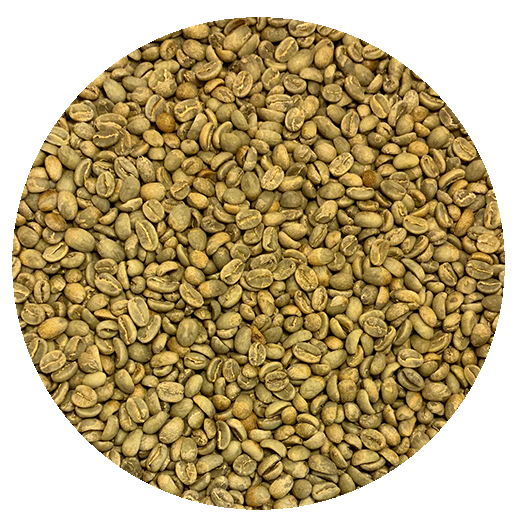
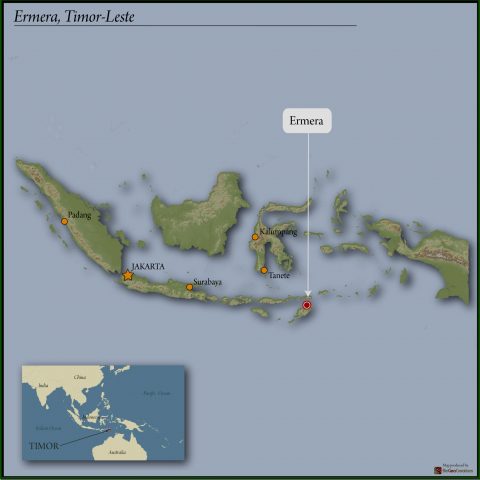
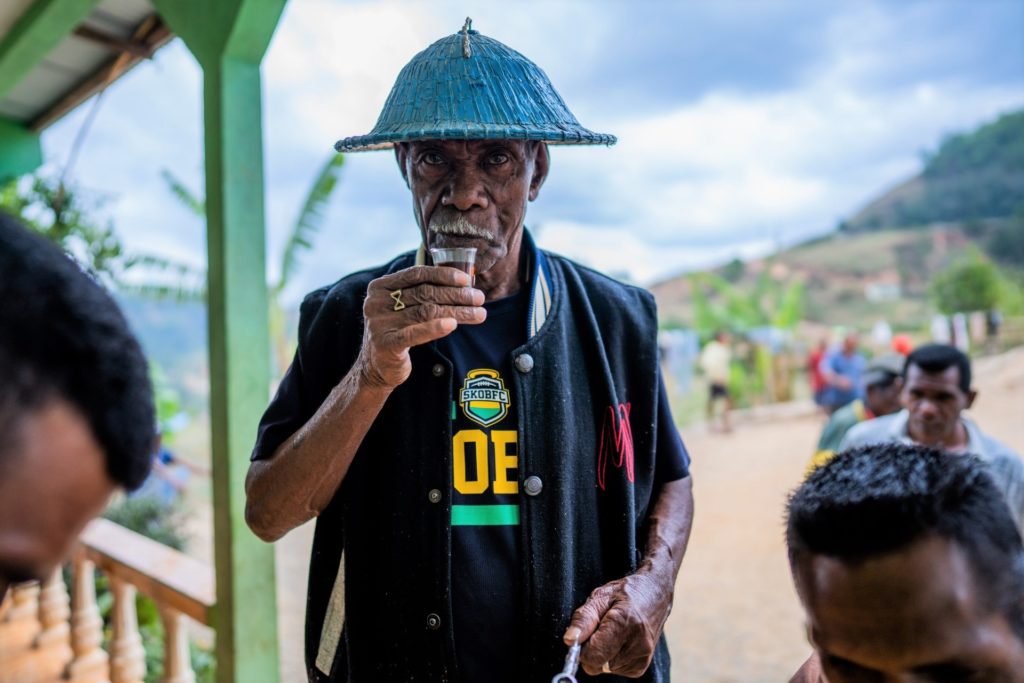
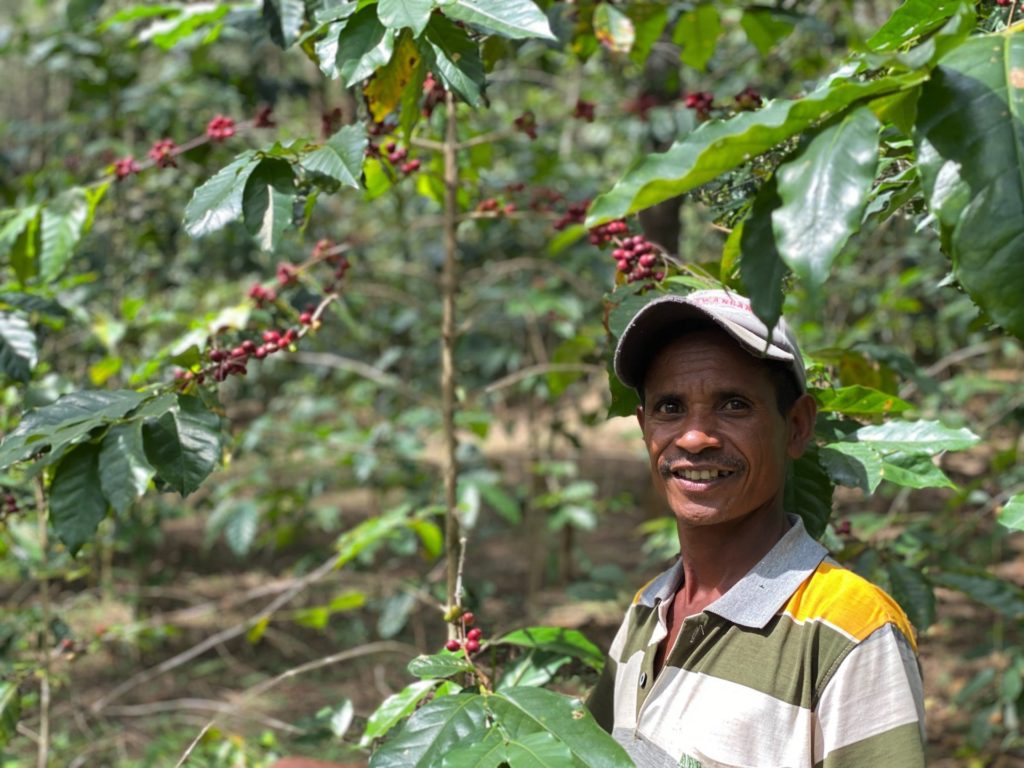
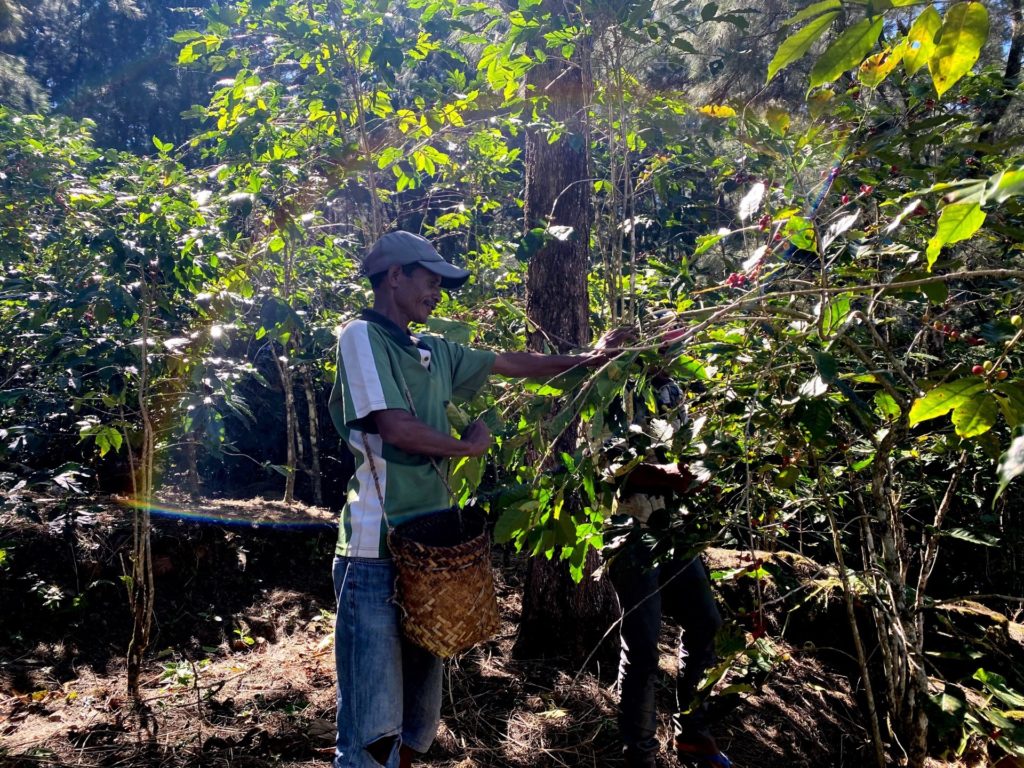
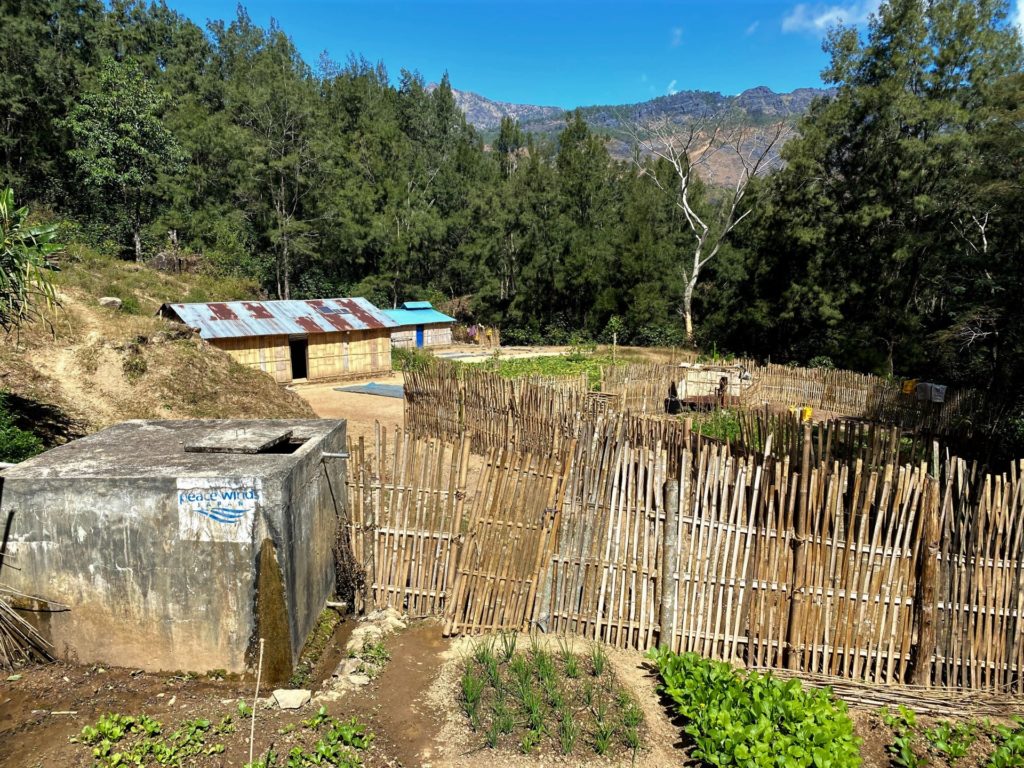
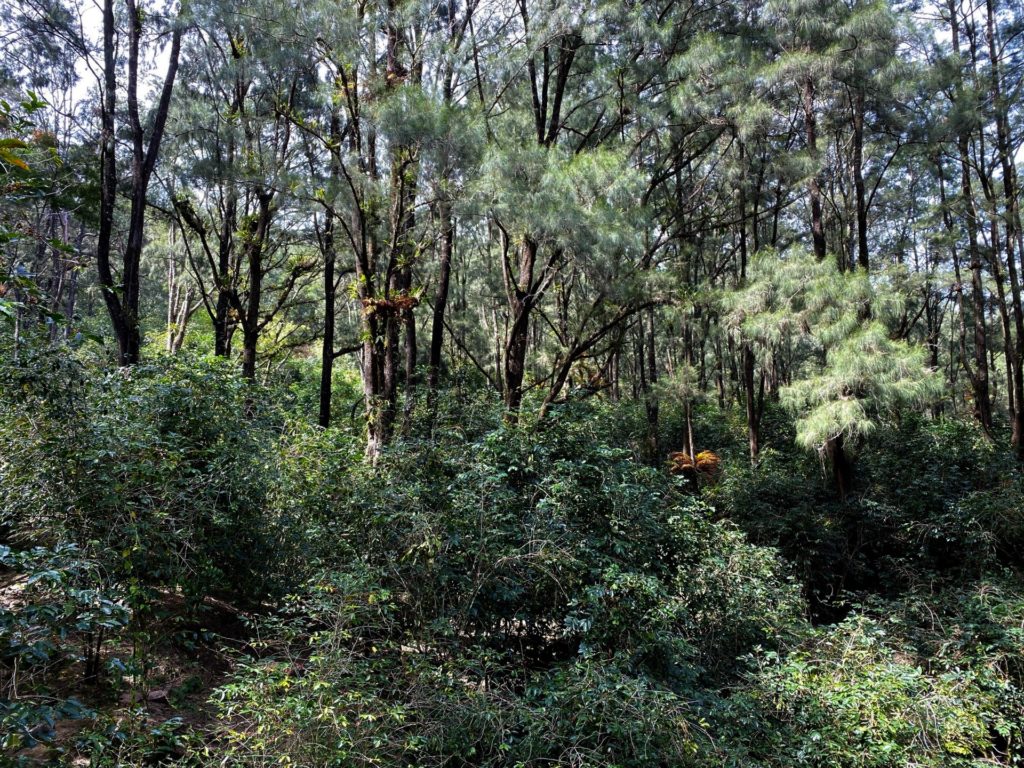
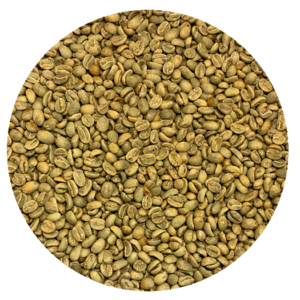
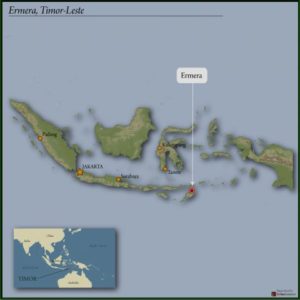
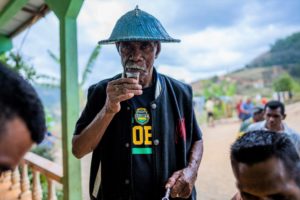
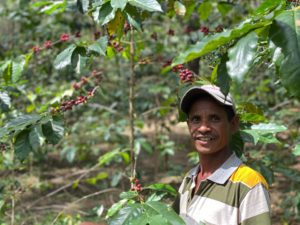
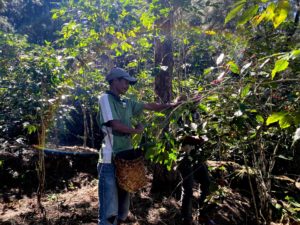
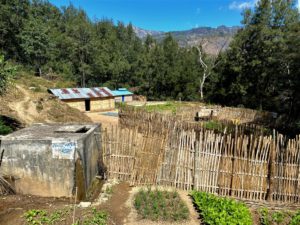
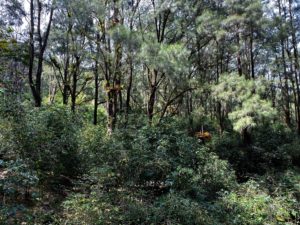
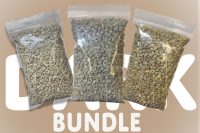

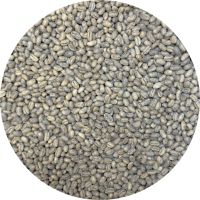
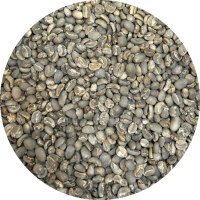

Reviews
There are no reviews yet.